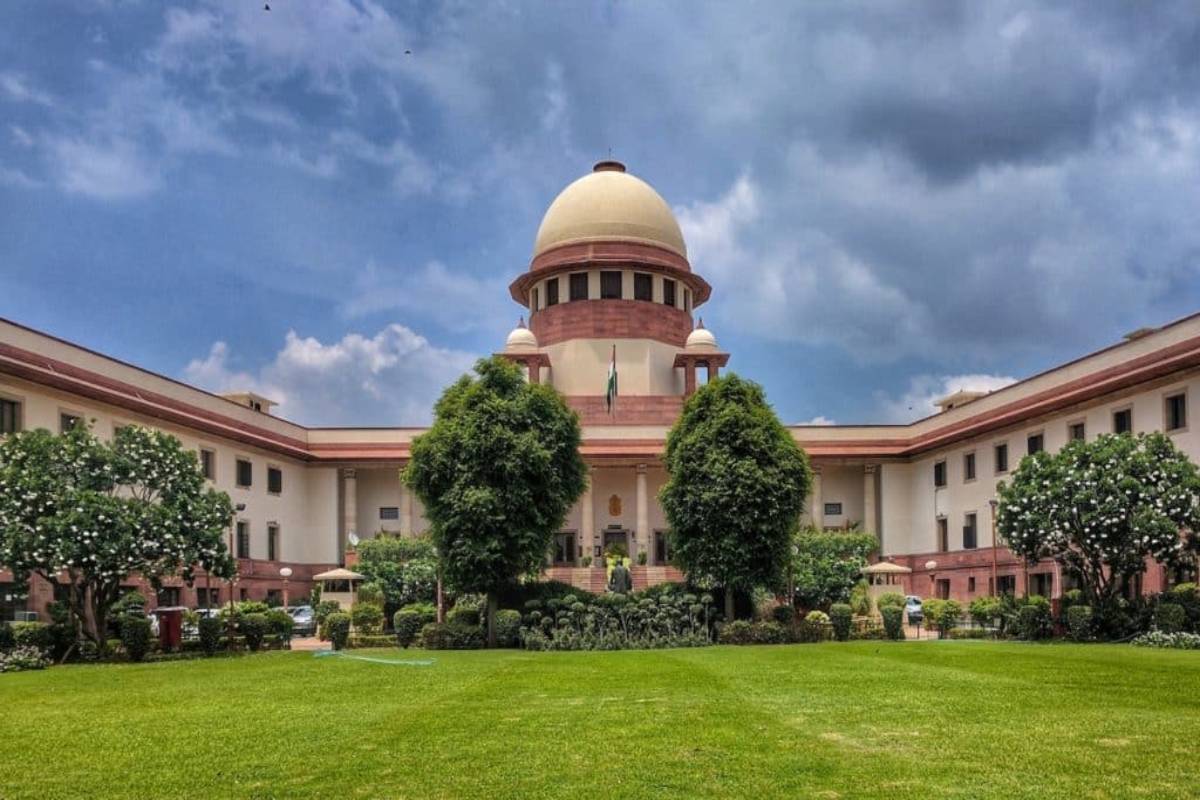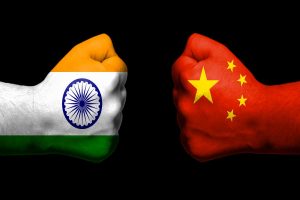Jammu and Kashmir High Court Bar Association, Srinagar, on Wednesday told the Supreme Court that accession of Jammu and Kashmir to India was territorial and except for defence, external affairs and communication, all the powers were retained by the state to make laws and govern.
While acceding to India, the maharaja of Jammu and Kashmir acceded his sovereignty over the territory of the state but not his sovereign power to rule and govern the state, senior advocate Z A Zafar, appearing for J&K High Court Bar association, told a five-judge constitution bench comprising Chief Justice D Y Chandrachud, Justice Sanjay Kishan Kaul, Justice Sanjiv Khanna, Justice B R Gavai and Justice Surya Kant.
Stating that the accession was “a handshake and not an embrace”, he told the constitution bench that the message of the maharaja at the time of accession was, “I will be with you. I am ready to shake hands with you, but I will not embrace you.”
“Maharaja could have acted as other princely states did, but he did not. He retained power of government to himself. Telling India you retain defence, external affairs and communication, rest I will retain for my governance,” Zafar told the bench dwelling on the intent of J&K accession to India.
The advocate said the relationship between India and J&K was akin to the American pattern where there is an American constitution for the entire country and different states having their respective constitutions.
Zafar, who commenced arguments nearly at the fag end of the day’s proceedings, will continue making his submissions tomorrow.
Earlier in the day, advancing his arguments, former solicitor general and senior advocate Gopal Subramanium said that the Constitution of India and the constitution of J&K spoke to each other through Article 370. The architect of the relationship between India and J&K was bilateral and the same could not have been terminated unilaterally through an executive order by the government.
Subramanium referred to earlier top court judgments to state that Art 370 was integral to the connection between India and the J&K. The thrust of the J&K constitution is that Art 3 and Art 370 will continue and asked where the Central government got power to abrogate Article 370.
Referring to the J&K constitution, Subramanium said it clearly stated that provisions governing relationship with India could not be altered.
Pointing out that there was no reference to J&K constitution in the Indian constitution and it was applicable to the entire Union of India and the J&K, CJI Chandrachud asked in the situation of JK under the Art 356 (President’s rule), the powers of the state government and assembly get vested in the Union of India and Parliament, respectively “was President not entitled to issue ordinance? Can the J & K constitution act as a fetter on the UoI and parliament?”
“Nobody ever thought of referring to the J&K constitution in the Indian constitution. The constitution of India was applicable to the entire Union of India and the J&K as well,” the CJI observed.
Subramanium responded saying, “Whatever is done… interim power (under Article 356) cannot (be used) do things which are irreversible. It is not a reservoir of powers to do anything including terminating the constitution.”
“J&K constitution can be repealed or abrogated by the J&K legislature and not by an ordinance or Parliament,” Subramanium said emphasising that President’s rule cannot be taken recourse to erase the governance structure in a state and it is only for the restoration of democracy which has not happened in J&K in last five years.
Referring to an earlier poser, by Justice Gavai on to senior advocate Kapil Sibal on the distinction between J&K and the princely States, Subramanium said, “J&K was not like any other princely state for three reasons – J&K was a state which had its own 1939 constitution, accession of maharaja was qualified as he was still in the process of making up his mind, there was Article 370 and accession was followed by J&K constituent assembly framing and adopting its own constitution which while conceding control over defence, external affairs and communication to the Centre, retained all other powers including residuary powers with itself.
The constitution bench is hearing a batch of petitions challenging the scrapping of Article 370 of the constitution and bifurcating the state into two Union Territories.
On August 5, 2019, the Central government announced the revocation of the special status of Jammu and Kashmir granted under Article 370 and split the region into two Union territories.
Besides individual petitioner, who have approached the top court on the abrogation of Article 370 and the bifurcation of the state reducing it to a Union Territory, other petitioners include Jammu and Kashmir Peoples Conference, Jammu and Kashmir High Court Bar Association, Peoples Union for Civil Liberties, and the West Pakistan Refugees Action Committee Cell – 1947.
Hearing will continue on Thursday (August 10) with Senior Advocate Zafar resuming his arguments.












